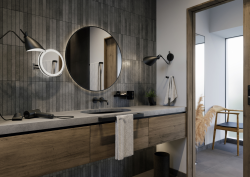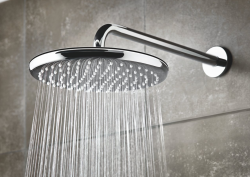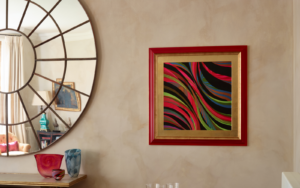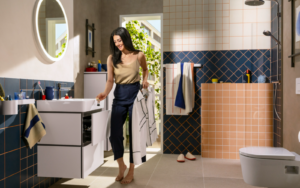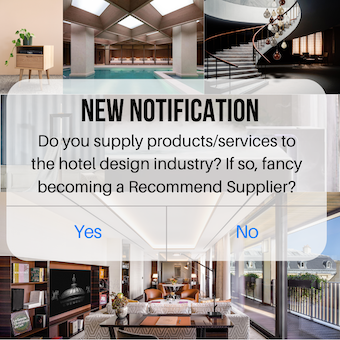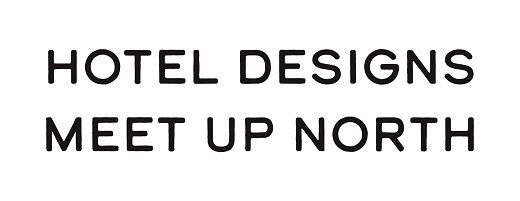In an important step towards greener buildings, GROHE is disclosing the ecological impact of its products with the release of Environmental Product Declarations (EPD), and have committed to rolling this out for more than 600 products by the end of October…
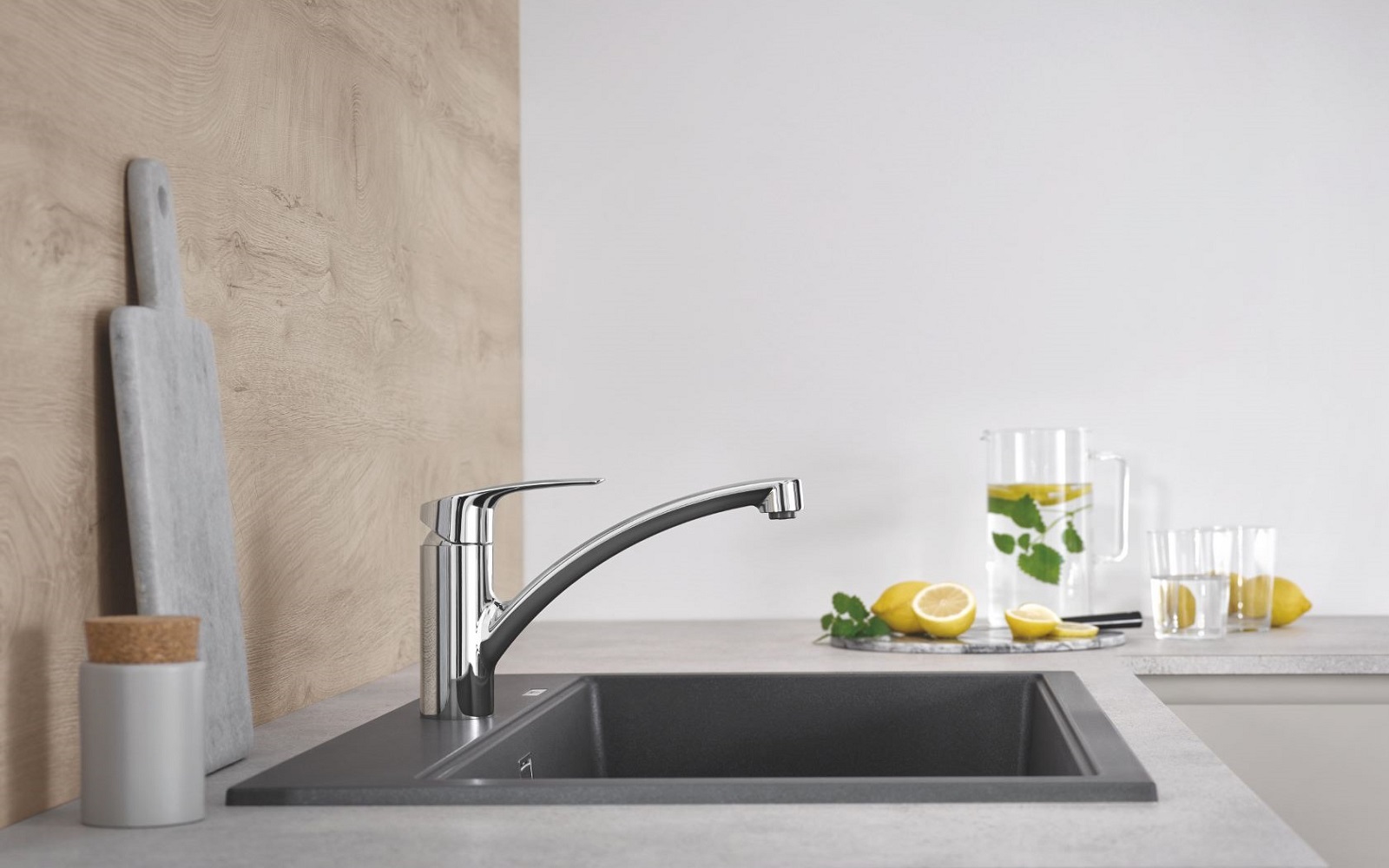
As carbon emissions from buildings and construction constitute almost 40 per cent of global carbon emissions, knowledge of a building’s environmental impact is becoming key to enable the construction industry to work towards the necessary green transformation. Accordingly, a number of countries have already established national lifecycle carbon limits for new or public buildings. Some require carbon reporting as a minimum standard, while others have generally enacted more stringent requirements for new construction projects.
Environmental Product Declarations (EPDs) are considered by the European Commission as a suitable means of evaluating the sustainability of a building since the materials and products used in it significantly determine a building’s impact on the environment. In order to provide its customers with transparency regarding the ecological footprint of its products, GROHE will release EPDs for 18 product groups that cover more than 600 single products by the end of October. The first batch, already published, includes basin and kitchen mixers, thermostats, and shower rail sets. A second wave will follow by the end of October 2022 and will comprise special fittings, hand showers, installation systems and flush plates.
“To preserve our planet, we need to change the way we create our built environment,” said Jonas Brennwald, Leader, LIXIL EMENA. “We welcome EPD as the industry’s ‘new normal’ to foster the transformation towards low environmental impact and low energy consumption projects. They are the prerequisite for sustainable, future-ready building concepts.”
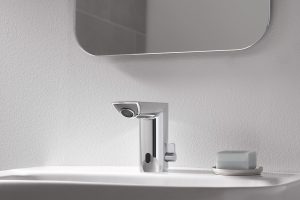
Image credit: GROHE
“With the launch of EPDs for a wide range of our portfolio, we offer our customers easy orientation and transparent comparison options with regard to the life cycle assessment of our products,” continued Brennwald. “On this basis, they can make informed statements about the environmental impact of buildings, which is often a cornerstone for sustainability certifications such as DGNB, LEED or BREEAM, or even a prerequisite for new building permits in many European cities. With increasing pressure on the construction industry to make buildings ever more sustainable, information of this kind will be a selection criterion for products in the future, on a level with price, design or quality.”
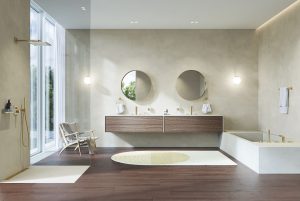
Image credit: GROHE
“We also looked at the usage phase, which has sometimes been neglected by the industry in the past,” explained Tomas Kvillström, Leader, Commercial Regulation, LIXIL EMENA. “The long use phase of our products is the main driver for water and energy consumption and therefore a crucial piece of information for building management companies and hotel operators in particular. However, this knowledge is not only elementary for our customers, but also a good benchmark for us to further increase the sustainability of our value chain and products.”
Today, the focus for sustainable product requirements is primarily on Global Warming Potential. Through the collection and validation of EPD-relevant data, GROHE is striving to develop increasingly low-emission product strategies in the long term while continuously improving its own carbon footprint. Potential for improvement could be identified, for example, in aspects such as sourcing materials closer to the plant or strengthening GROHE’s approach to green transportation. All fittings plants and German distribution centres have switched to green energy. The collected EPD data shows CO2 peaks and can therefore support the goal of further avoiding and reducing emissions, and also in turn minimize the share of compensation to be paid. As a brand in the LIXIL portfolio, which is a Japanese manufacturer of pioneering water and housing products, GROHE’s efforts contribute to the corporation’s goal of achieving net-zero carbon emissions by 2050.
GROHE is one of our Recommended Suppliers and regularly features in our Supplier News section of the website. If you are interested in becoming one of our Recommended Suppliers, please email Katy Phillips.
Main image credit: GROHE





